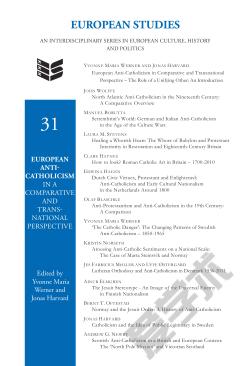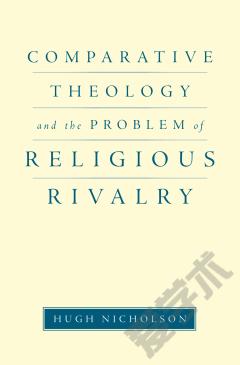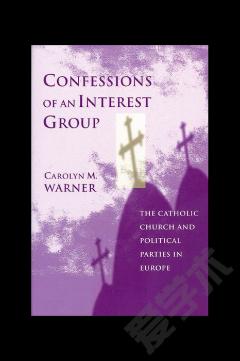European Anti-Catholicism in a Comparative and Transnational Perspective
Tales about treacherous Jesuits and scheming popes are an important and pervasive part of European culture. They belong to a set of ideas, images, and practices that, when grouped under the label anti-Catholicism, represent a phenomenon that can be traced back to the Reformation. Anti-Catholic movements and sentiments crossed boundaries between European countries, contributing to the early modern consolidation of national identities. In the nineteenth century, secularist movements adopted and transformed confessional criticism in a new internationalist dimension that was articulated across the whole Western world. A variety of liberal, conservative, secular, Protestant, and other forces gave shape to this counter-image, taking on the function of a pattern from which one’s own ideals and beliefs could be chiselled out. The contributions to this volume show how different national contexts affected the proliferation of anti-Catholic messages over the course of four centuries of European history, and demonstrate that anti-Catholicism constituted a powerful European cross-cultural phenomenon.
{{comment.content}}








 京公网安备 11010802027623号
京公网安备 11010802027623号